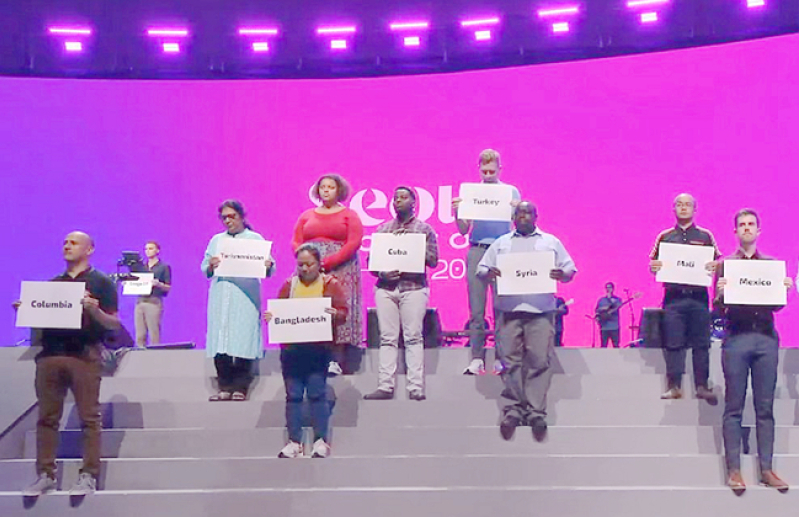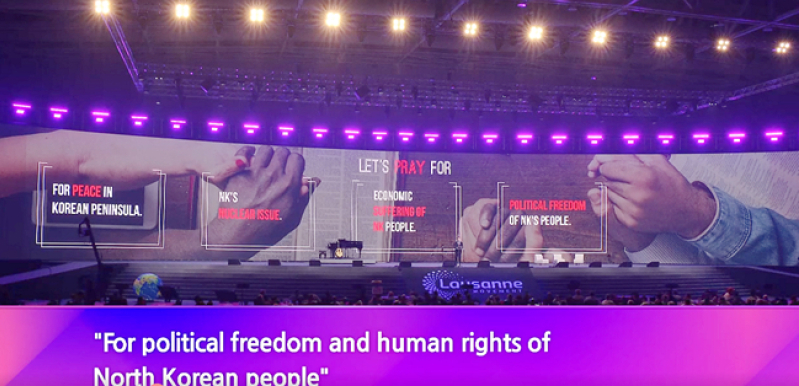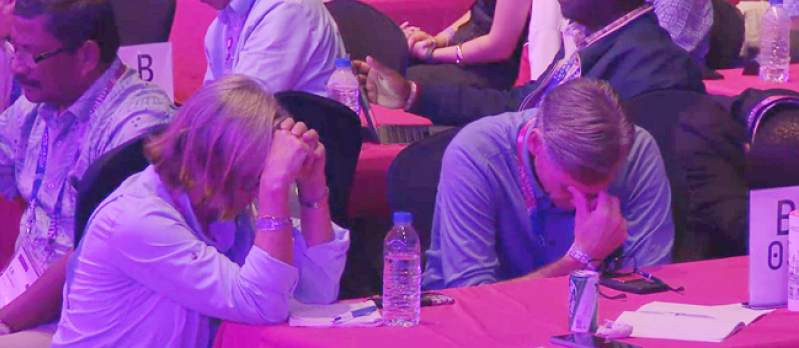


Religious freedom was one of the key topics at the Fourth Lausanne World Evangelization Conference. The conference set up a night panel discussion with the theme “Reflection - Standing with the Persecuted Church”, inviting representatives from different countries to share the current situation of the church in their countries.
On the evening of the 25th, Dr. Kim Byung Yeon, distinguished professor of economics at Seoul National University, gave a speech focusing on the economic challenges of the post-epidemic period, changes in family life, and the reunification of North and South Korea. He highlighted the fact that the South Korean church is actively providing help for defectors and called on attendees to pray for religious freedom and human rights issues in North Korea. Dr. Kim noted that the Bible is the cornerstone of faith and a source of economic and political hope.
Dr. Kim analyzed the impact of the pandemic on family structures and lifestyles, with data showing that overall household income in South Korea was reduced by at least half during COVID-19, with far-reaching effects on society. In addition, the pandemic led to a dramatic deterioration in living conditions in North Korea, where basic needs could not be met and shortages of drinking water and food were particularly acute.
Discussing the political situation between North and South Korea, Dr. Kim mentioned that although tensions between North and South Korea still exist, the South Korean church is actively promoting the mission of unification. The younger generation's attitude toward reunification has changed; 15 years ago, about 50 percent of young South Koreans supported reunification; today that percentage has dropped to 30 percent. He emphasized that the Church has continued to provide assistance to North Korean defectors through the establishment of specialized departments while praying for reconciliation between North and South Korea. However, the recent Russia-Ukraine conflict has heightened regional tensions, creating more uncertainty about security on the Korean Peninsula.
Dr. Kim concluded his speech by calling on attendees to “Pray for the political freedom and human rights of the people of North Korea!” Intercessory prayers were listed on the conference screen, including for peace on the Korean Peninsula, the North Korean nuclear weapons issue, the economy and livelihood of the North Korean people, and religious and political freedom.
Following Dr. Kim's speech, representatives of believers from many countries took to the stage, holding white paper with the names of their respective countries written in black, and the congregation prayed in silence as an expression of their commitment to solidarity with persecuted churches and believers.






